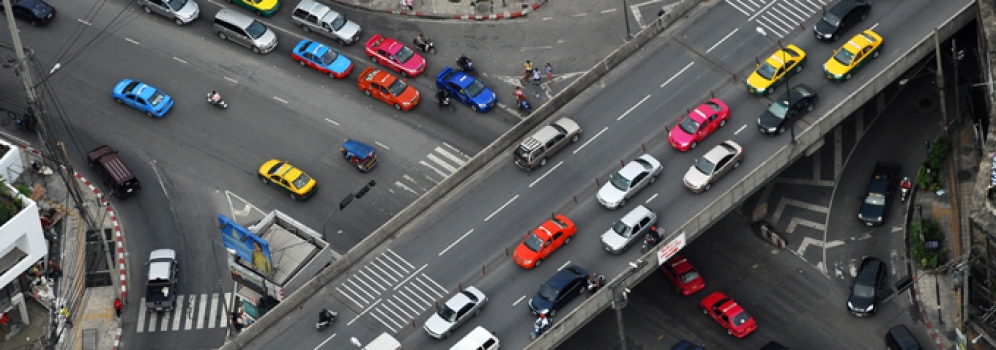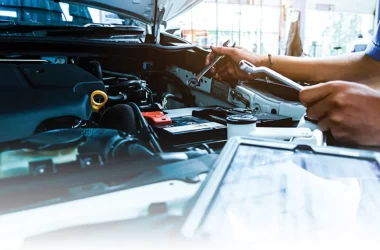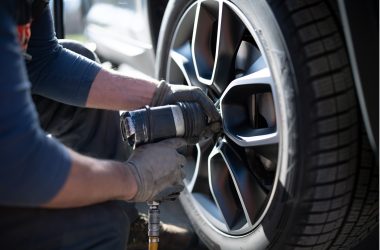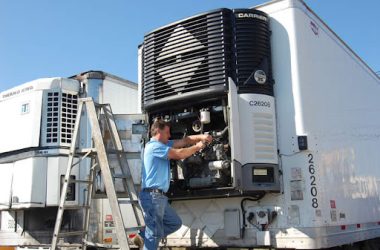In an era of growing environmental concerns, the need for eco-friendly transportation has become increasingly critical. As we witness the impacts of air pollution on our health and the planet, it’s imperative to advocate for cleaner air quality. Eco-friendly transportation offers a compelling solution to reduce harmful emissions, mitigate climate change, and create healthier and more sustainable communities.
Proxima Powered by REE is an innovative and transformative platform that combines the advanced REEcorner technology with an electric vehicle (EV) platform. REE Automotive, a pioneer in electric mobility solutions, has developed the REEcorner, which integrates critical vehicle components like the steering, braking, suspension, and powertrain into a compact, modular unit. Proxima Powered by REE takes this technology to the next level by providing a customizable EV platform for various vehicle types, including delivery vans, shuttles, and more.
Let’s explore the key aspects involved in advocating for cleaner air quality through eco-friendly transportation:
- Reduced Emissions:
- Eco-friendly transportation options, such as electric vehicles (EVs) and hydrogen-powered vehicles, produce significantly lower or zero tailpipe emissions than vehicles running on fossil fuels.
- EVs operate on electricity, which can be sourced from renewable energy, resulting in virtually zero direct emissions. This helps reduce harmful pollutants such as nitrogen oxides (NOx), particulate matter (PM), and greenhouse gases (GHGs), improving air quality and combating climate change.
- Improved Public Health:
- Adopting eco-friendly transportation methods leads to improved public health outcomes. By reducing air pollution, eco-friendly transportation helps mitigate respiratory illnesses, cardiovascular diseases, and other health issues associated with poor air quality.
- Cleaner air quality also enhances the overall quality of life, promoting physical well-being and reducing healthcare costs associated with air pollution-related ailments.
- Sustainable Urban Planning:
- Advocating for eco-friendly transportation encourages sustainable urban planning and development. This includes prioritizing pedestrian and cyclist infrastructure, establishing efficient public transit systems, and implementing policies that reduce reliance on individual car ownership.
- By designing cities and communities with walkability and accessibility in mind, eco-friendly transportation options become more convenient and attractive, leading to reduced traffic congestion, improved mobility, and decreased emissions.
- Transition to Electric Vehicles:
- Electric vehicles (EVs) play a significant role in eco-friendly transportation. As EV technology advances, the driving range increases, and charging infrastructure expands, EVs become a viable and sustainable alternative to conventional vehicles.
- Advocating for the transition to EVs involves promoting financial incentives, expanding charging infrastructure networks, and raising awareness about the benefits of EV ownership, such as lower fuel costs, reduced maintenance, and improved driving experience.
- Promotion of Public Transit:
- Encouraging the use of public transit systems is a key element of eco-friendly transportation advocacy. Efficient and accessible public transportation reduces the number of individual vehicles on the road, leading to decreased traffic congestion and emissions.
- Supporting the expansion and improvement of public transit networks, including buses, trams, and trains, helps provide communities with reliable, affordable, and sustainable transportation options, reducing overall environmental impact.
Final Thoughts
Advocating for cleaner air quality through eco-friendly transportation involves a multifaceted approach, encompassing the adoption of low or zero-emission vehicles, sustainable urban planning, investment in public transit, and the promotion of active transportation. By collectively embracing these measures, we can create a cleaner and healthier environment for present and future generations, significantly impacting the fight against climate change and air pollution.








